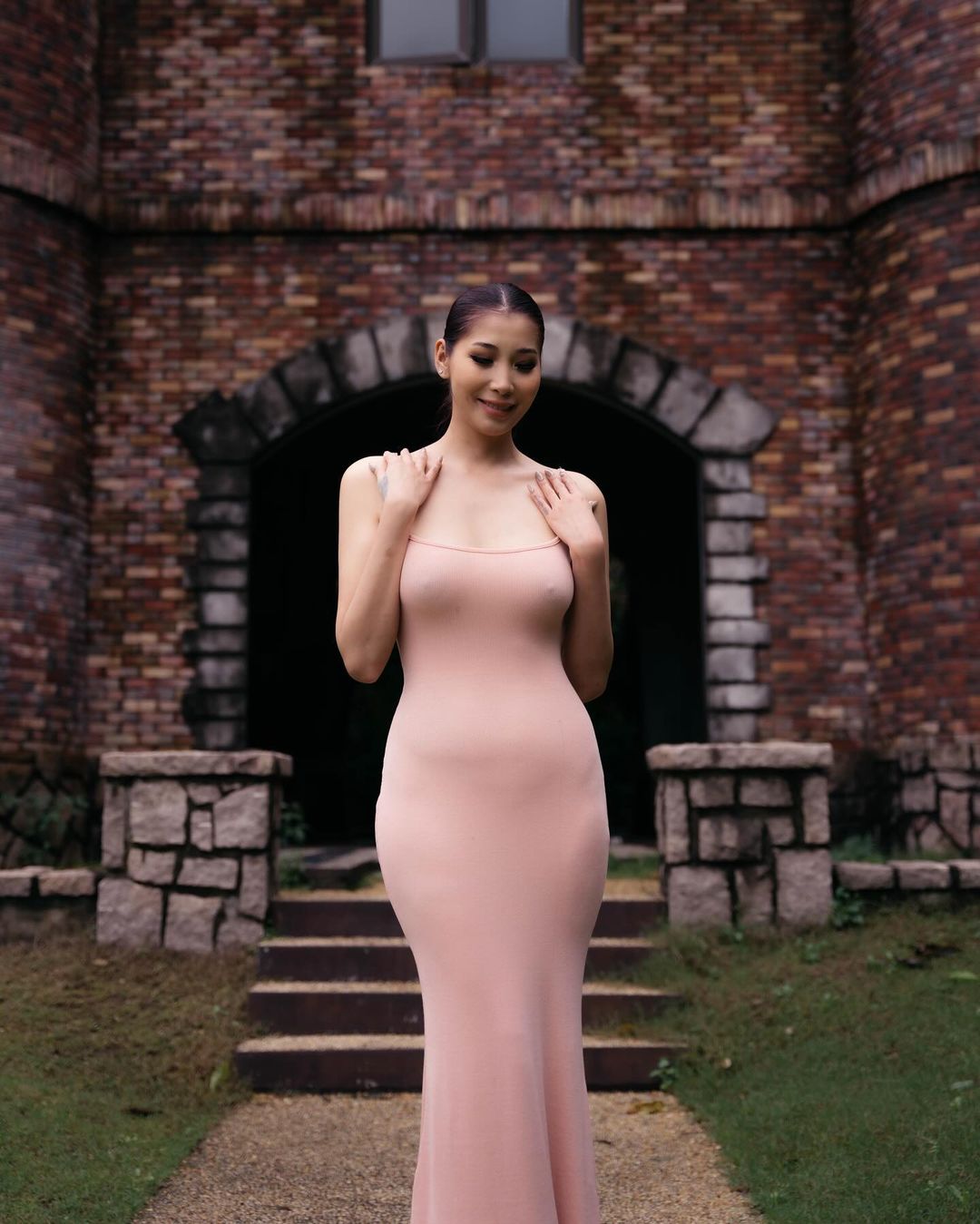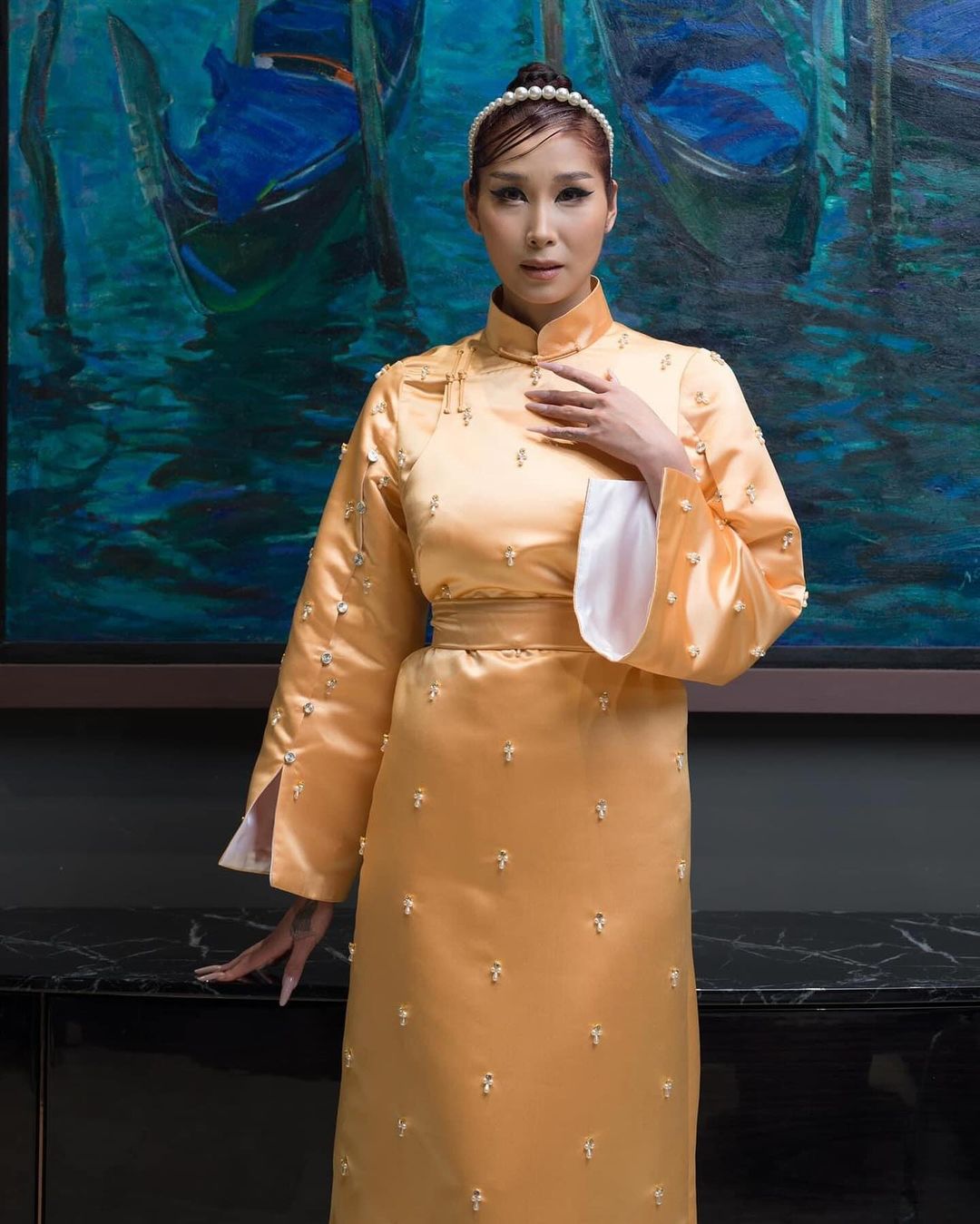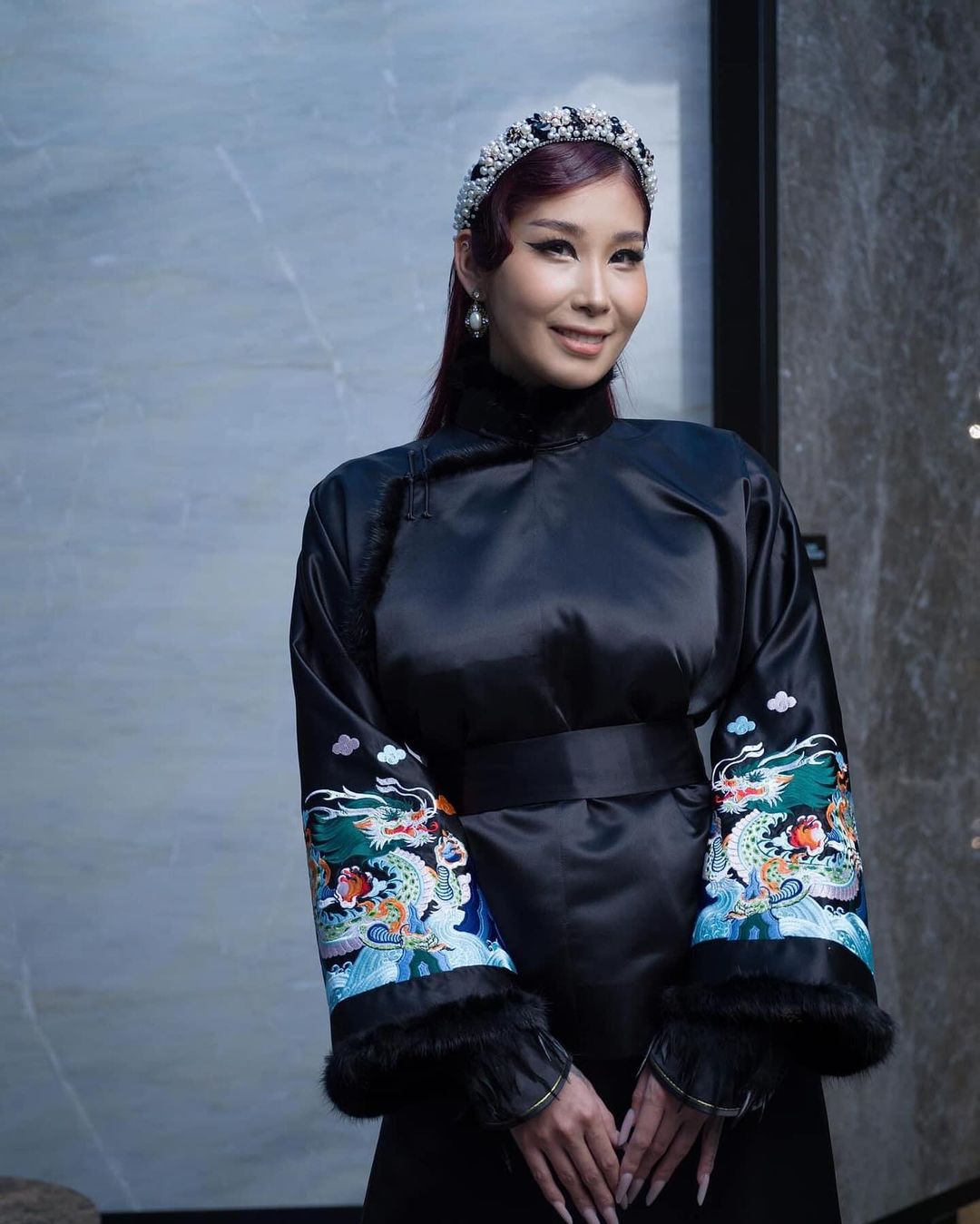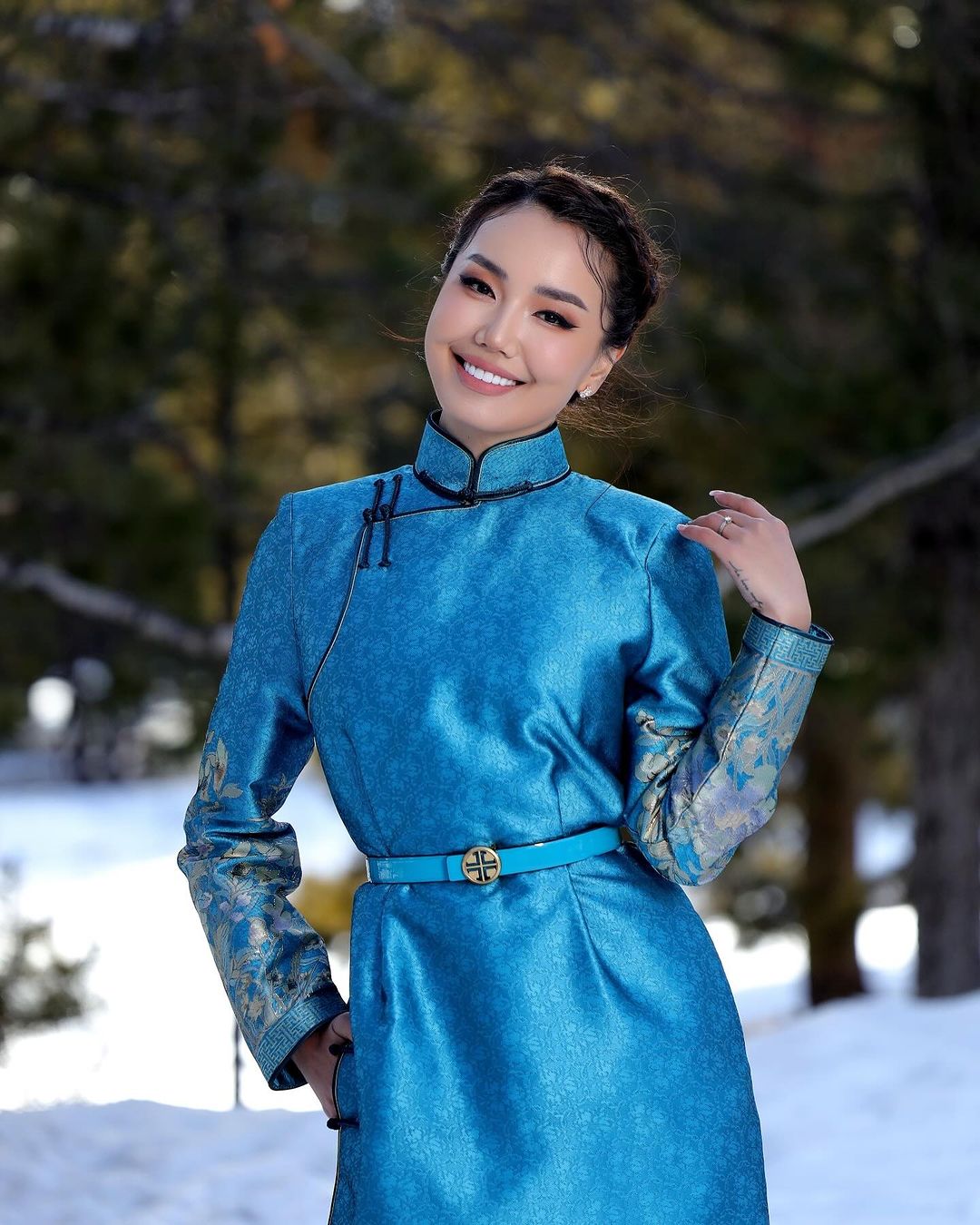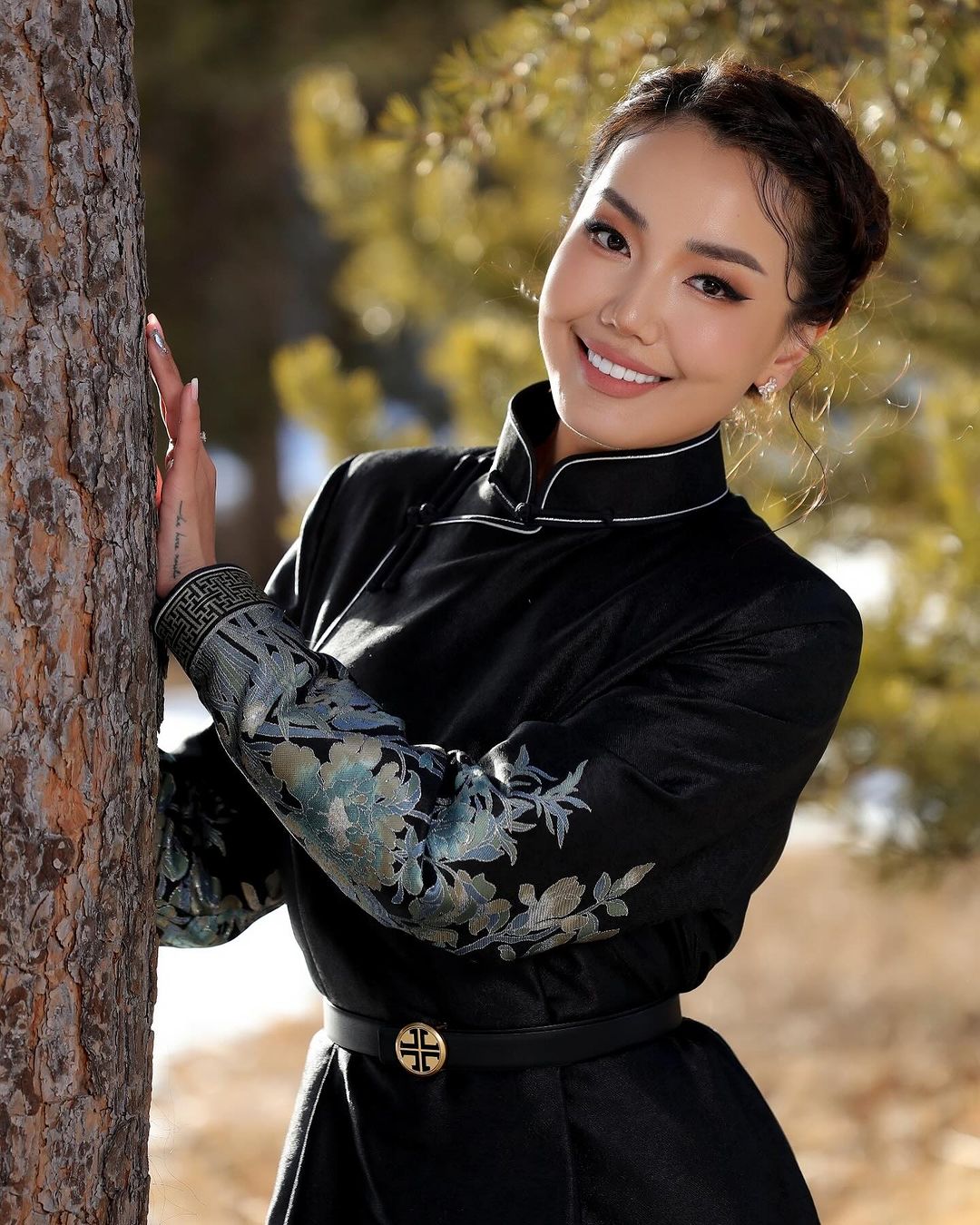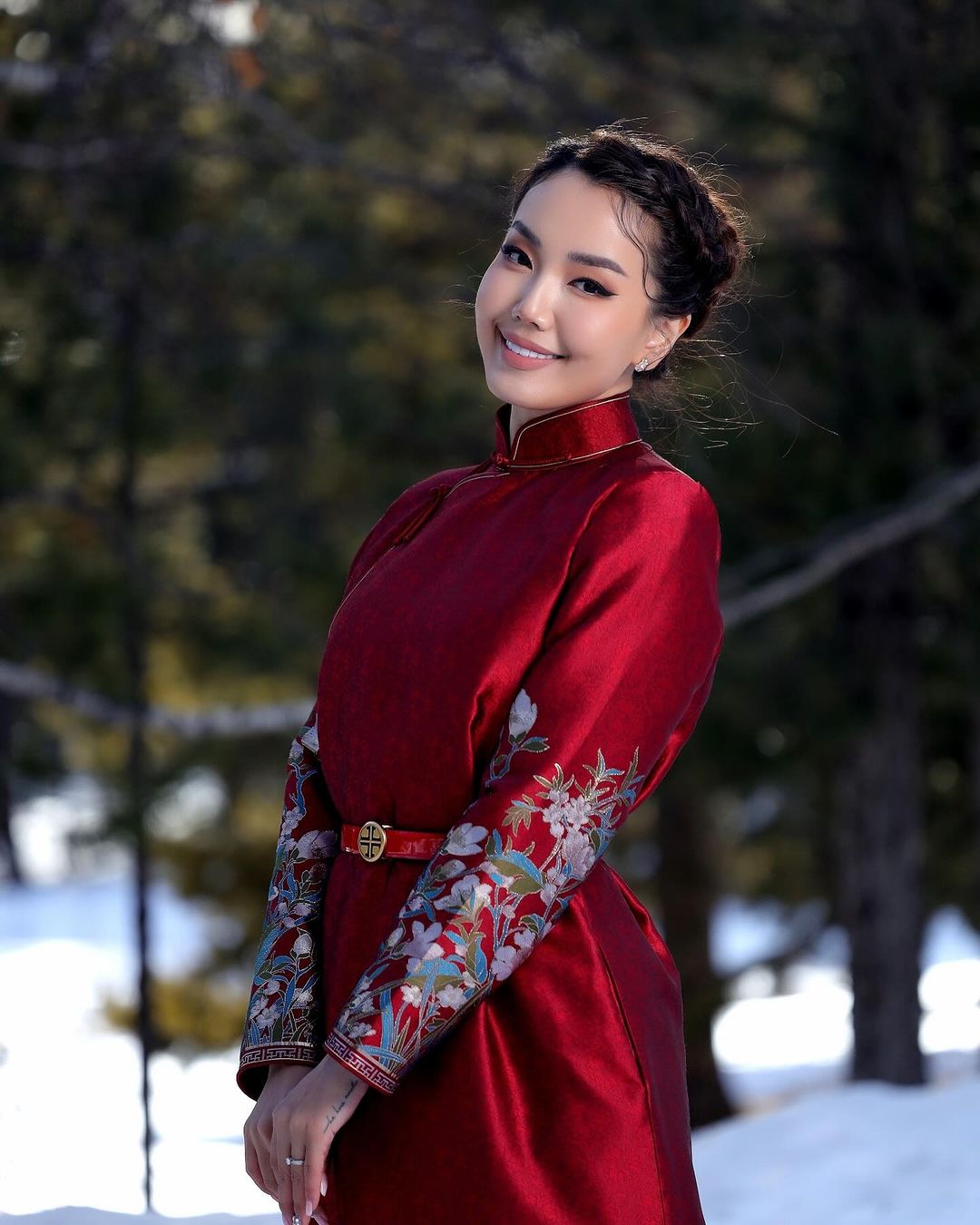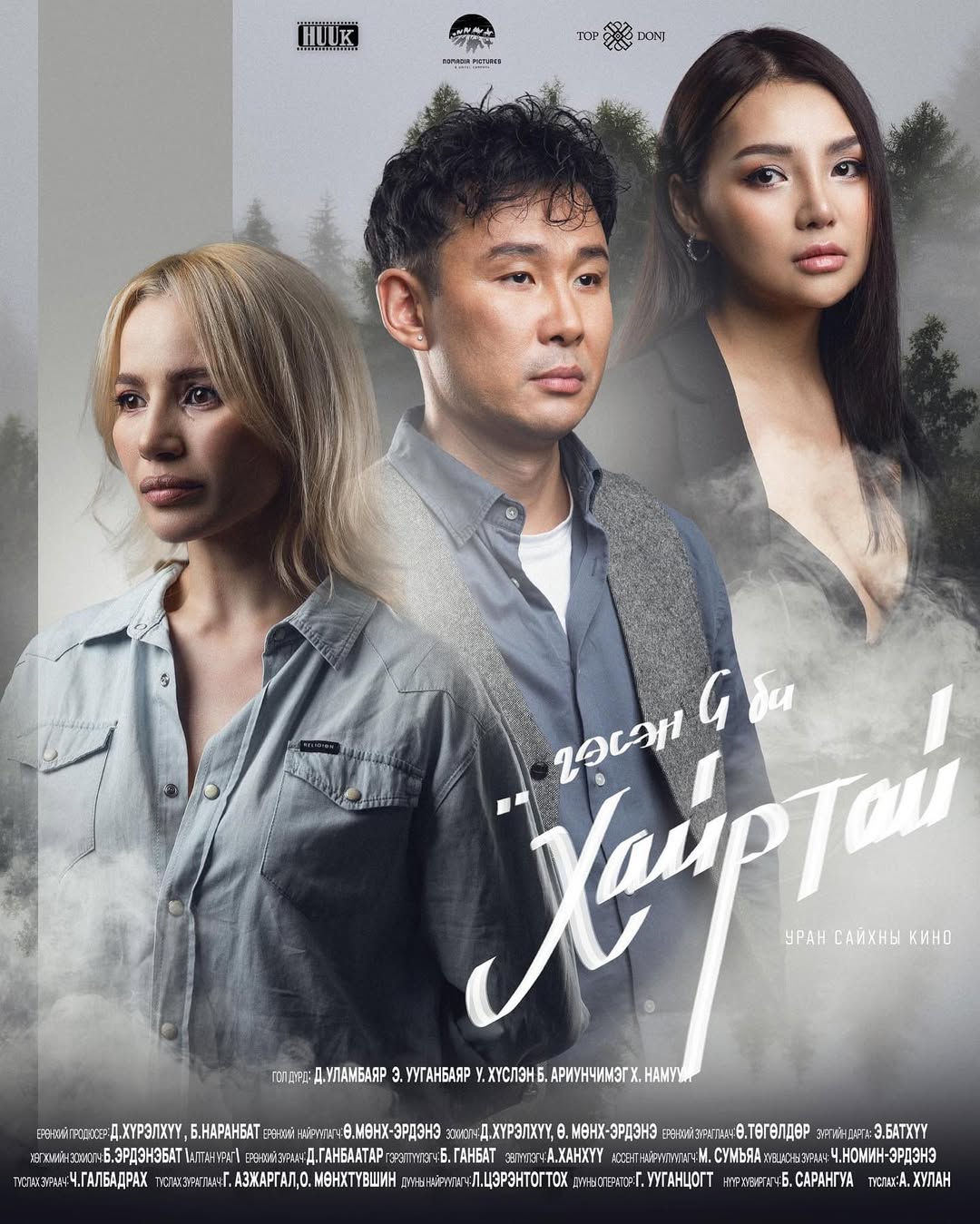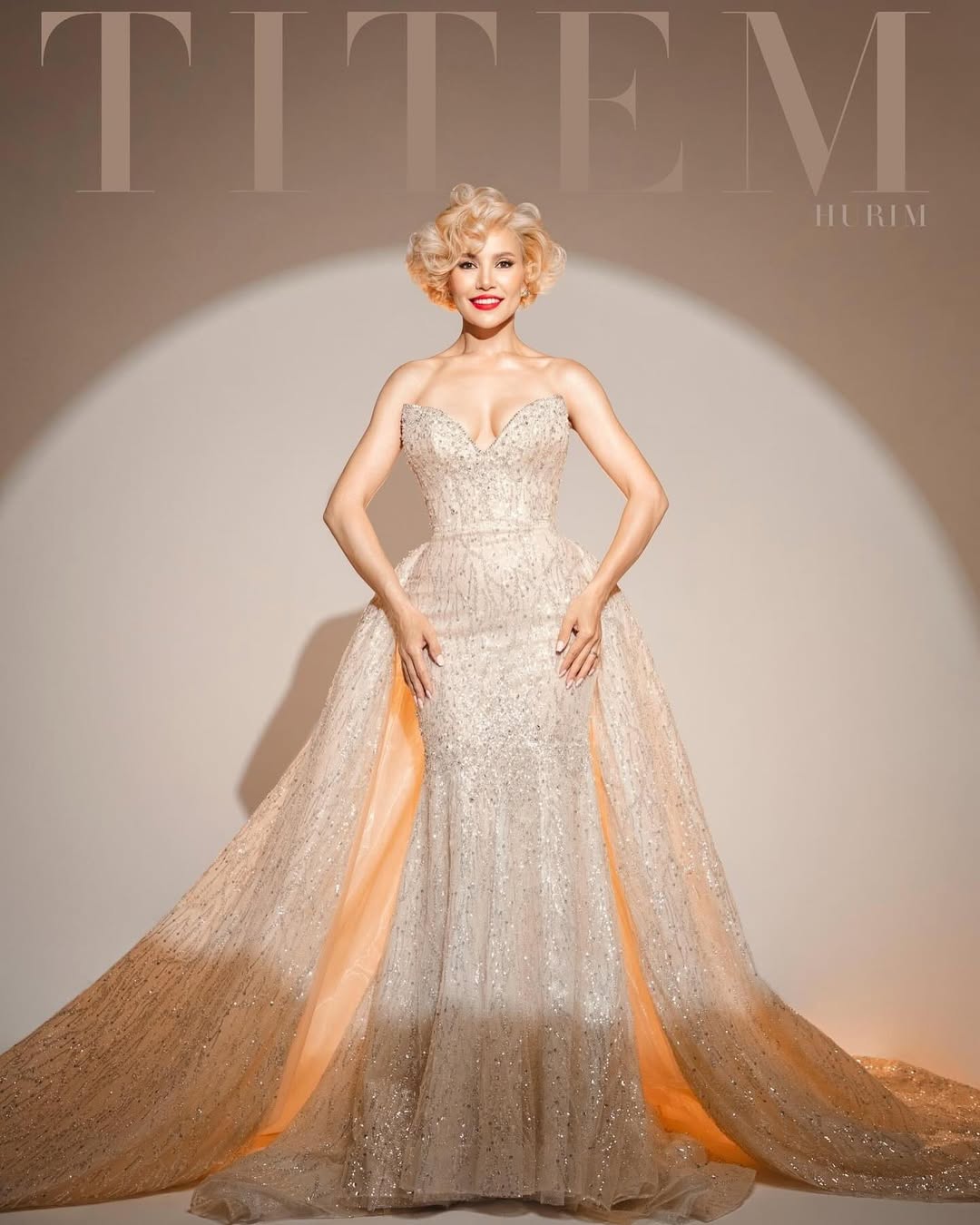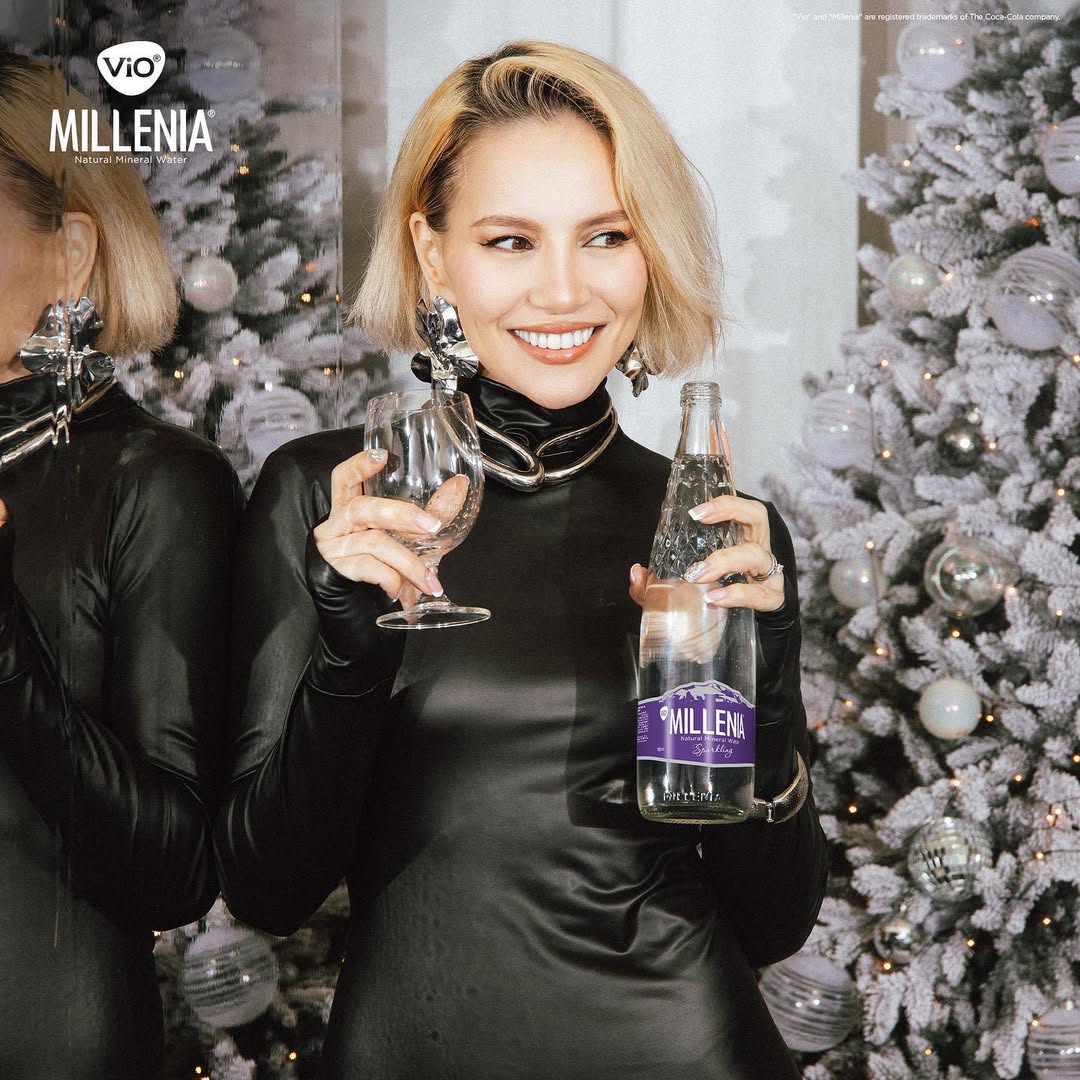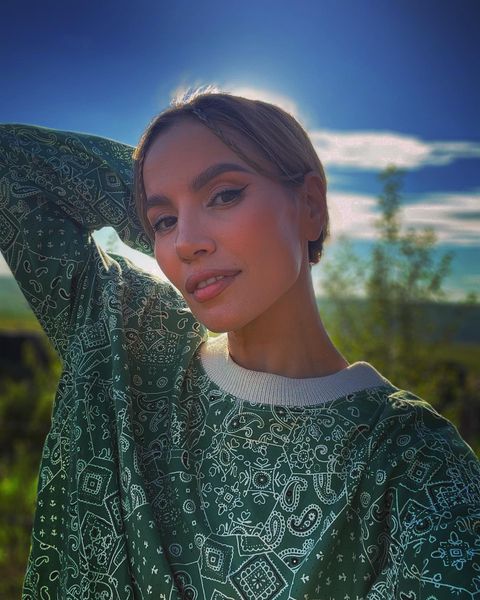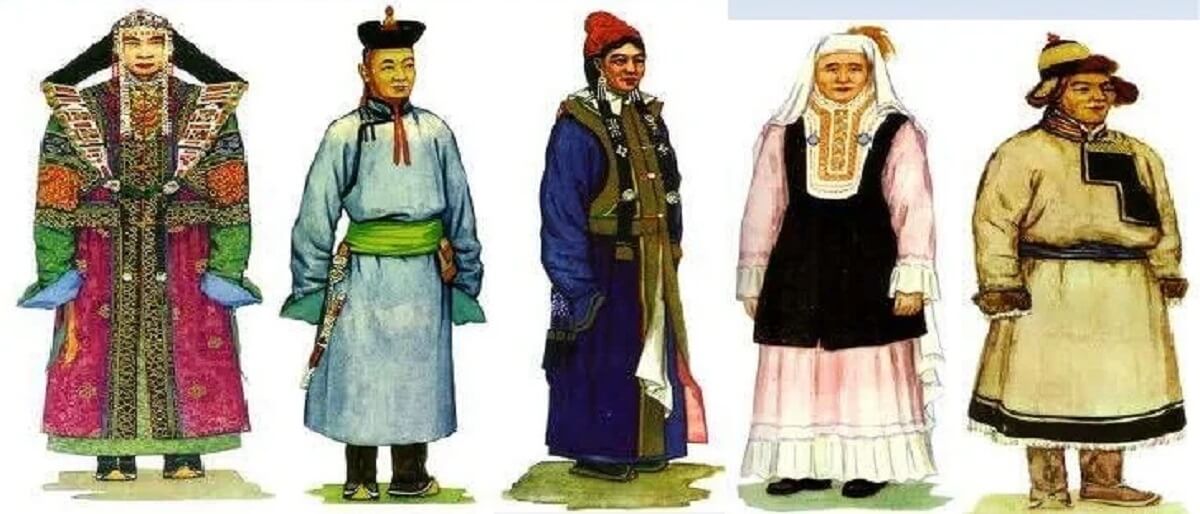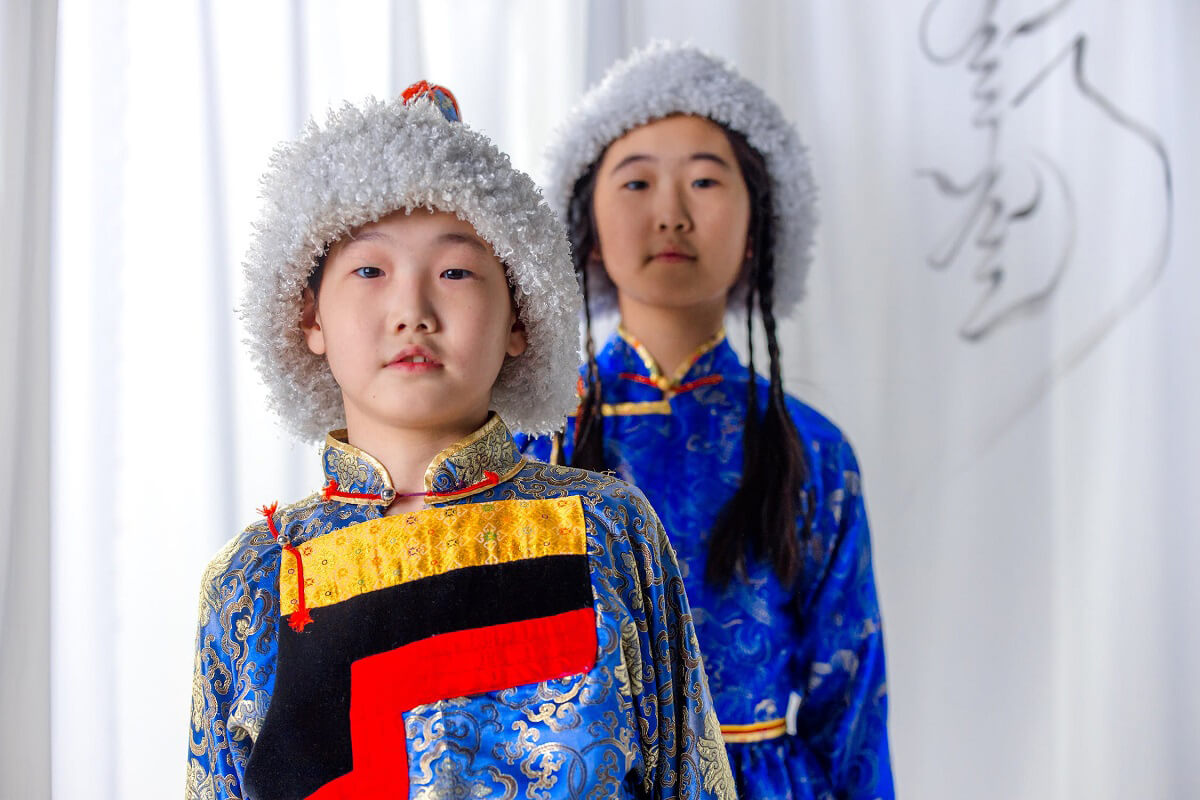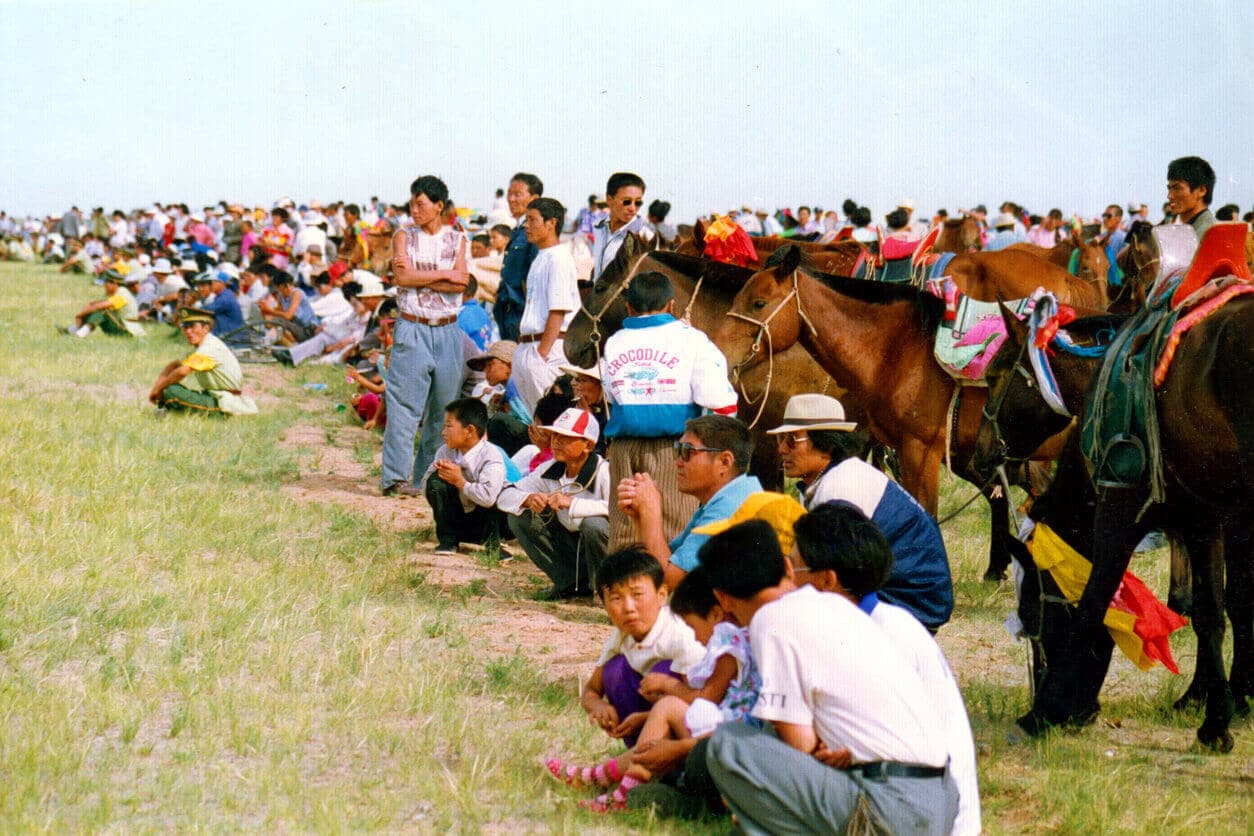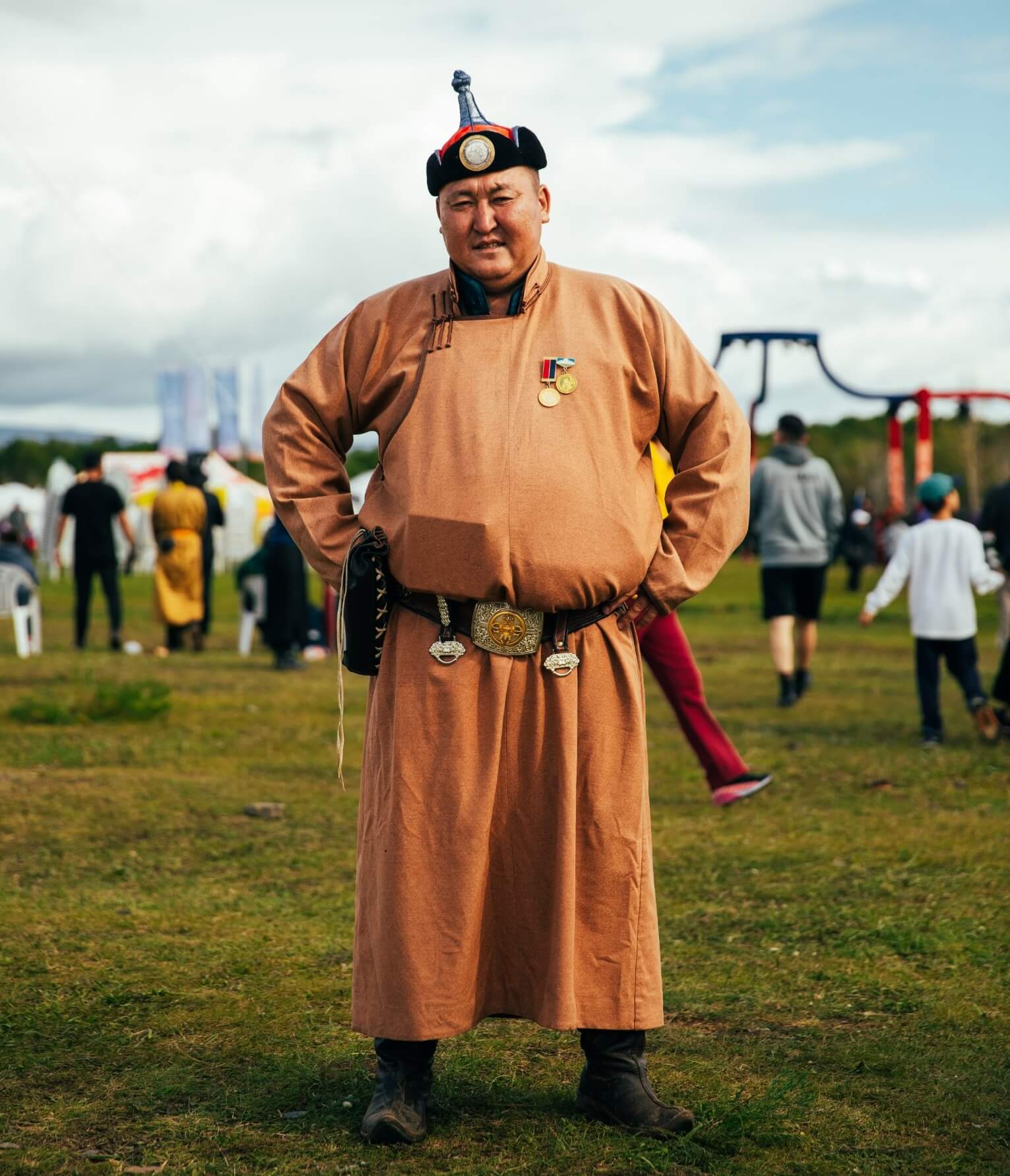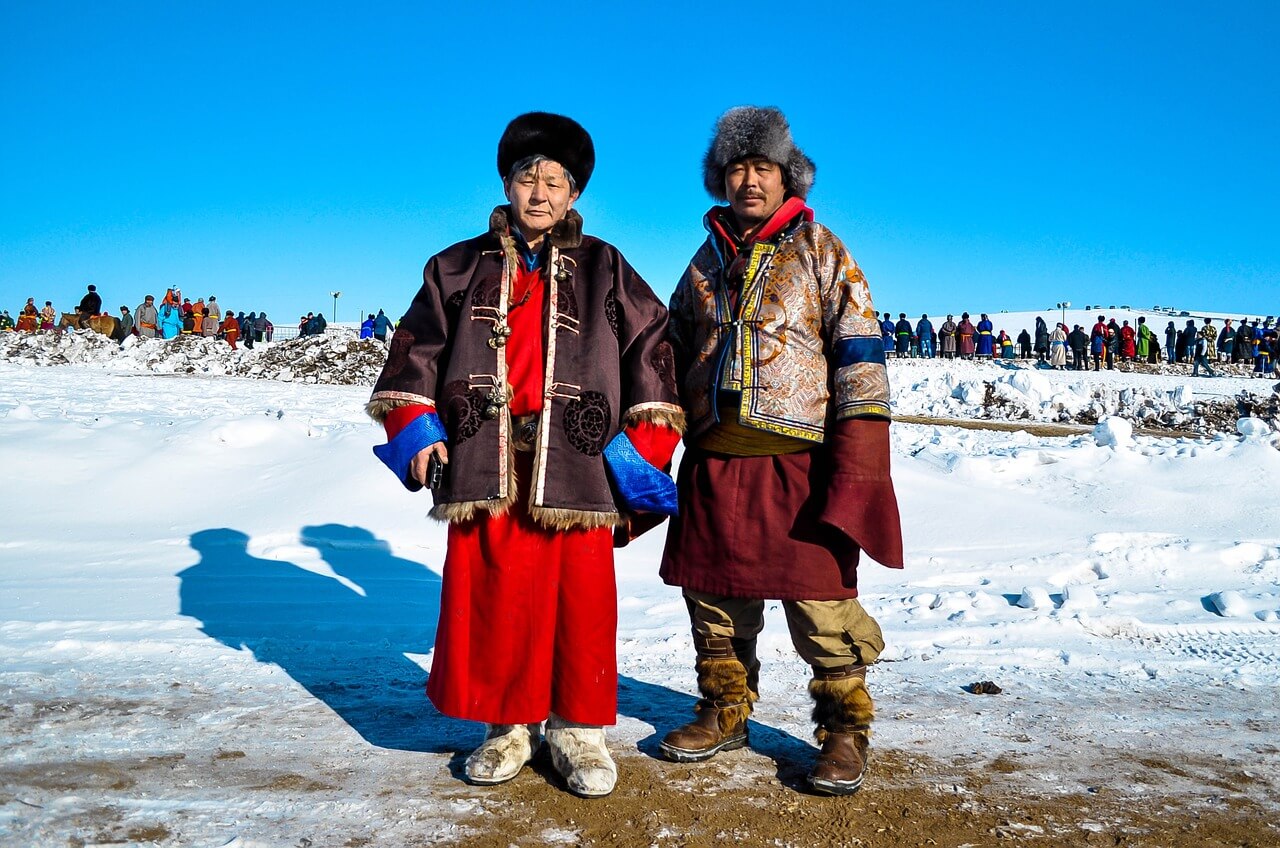Women in Mongolia
Let’s talk about women, especially Mongolian women. You can hear a lot about them: they are tough, independent, and very strong. And it is all true. Mongolian women are really like that.
We are brought up in families, where the father is the head of the family, but the mother is the heart of it. The mother teaches her daughters to be strong and independent because she knows, that one day they will have to take care of themselves and their families.
Mongolian women have always been a vital part of society for a long time ago.
Most Famous Women in Mongolia
Tugs.M actor, model
Saruul Tugsjargal, known professionally as Tugs Saruul, is a prominent Mongolian supermodel and emerging actress. She has gained significant recognition in the fashion industry, being honored with the Asian Star Model award at the Asian Fashion Awards
Shuudertsetseg.P actor and model
Shuudertsetseg Purev-Ochir, also known as Shuuderhen, is a Mongolian actress and model who gained international recognition by winning the title of Miss Asia USA in 2022.
Has the most followers on Instagram
Actor G.Undarmaa Instagram followers are 441k+
Undarmaa Gonchig is a prominent Mongolian actress, producer, director, and philanthropist, renowned for her extensive contributions to Mongolian cinema and theater. Born in 1974 in Yoson-Bulag, Govi-Altai, Mongolia, she is the daughter of Tuya, a dancer with “Altai Chuulga,” who significantly influenced Undarmaa’s artistic pursuits
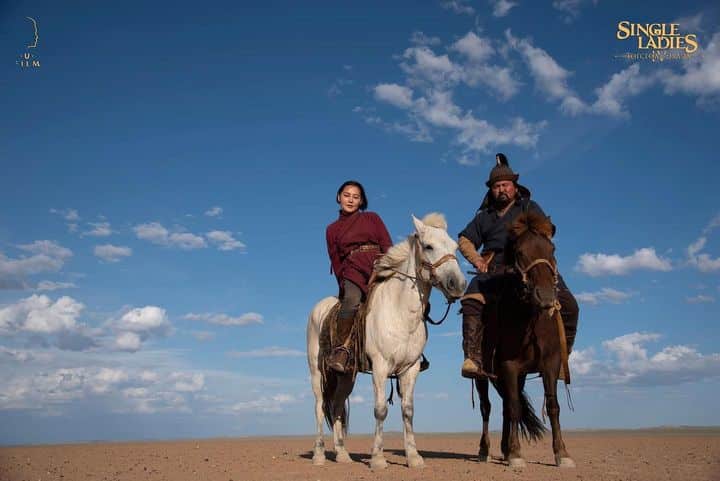
Urankholboo’s Instagram followers are 465k+
Ch. Urankholboo, also known as Anu, is a prominent Mongolian singer, actress, and entrepreneur. She has gained significant recognition for her contributions to the Mongolian entertainment industry and her active presence on social media platforms
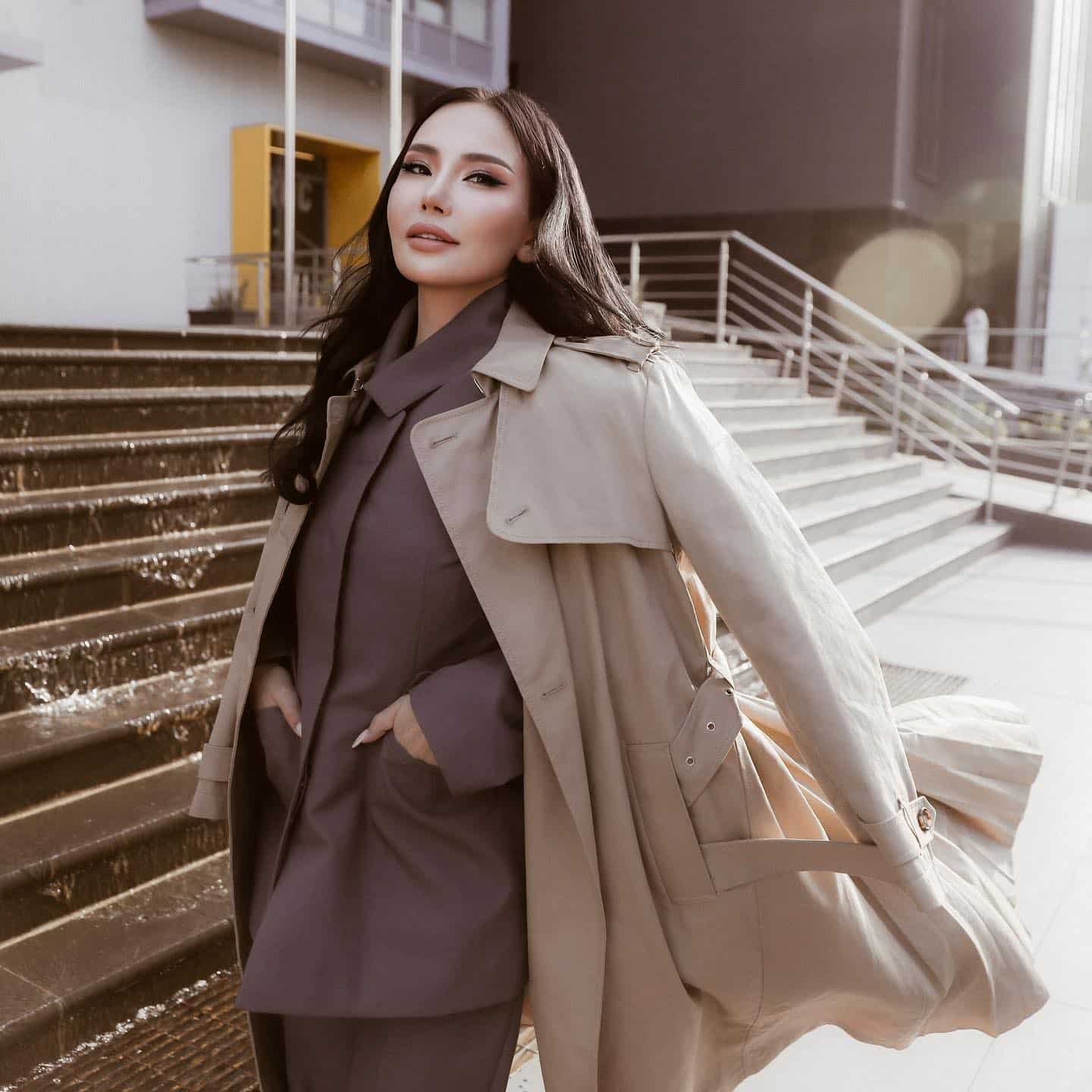
Actor Ganchimeg Instagram followers are 514k+
Ganchimeg Altanginj, also known as Gana Bayarsaikhan, is a renowned Mongolian actress and model who has made significant contributions to both domestic and international cinema. Born and raised in Ulaanbaatar, Mongolia, she began her career in modeling before transitioning to acting

Singer Uka Instagram followers are 588k+
Davaagiin Ulambayar, professionally known as Uka, is a prominent Mongolian singer, actress, and television personality. She first gained attention as a member of the girl group “Kiwi” in 2004. Beyond her music career, Uka has served as a coach on “The Voice of Mongolia,” where the winner of the first season, Enguun Tseyendash, was from her team.
Mongolain women Traditional Clothes
Fact#1
The Mongols were a nomadic people, which required both men and women – even young children – to know how to ride well and use a bow for hunting. In the same way, men and women usually knew how to do each other’s tasks because if one died, the survivor would have to take care of their family alone.
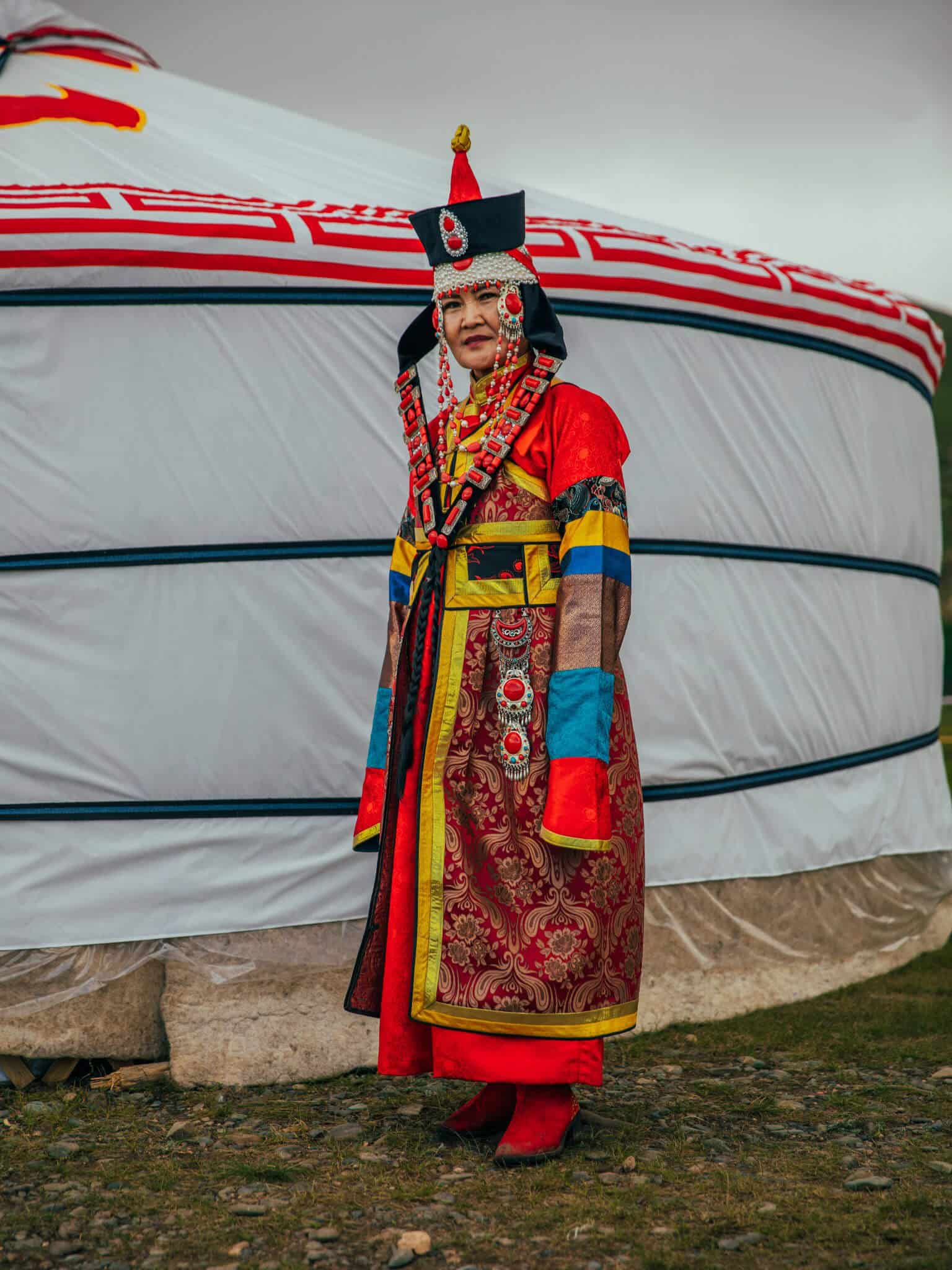
Fact#2
Women not only looked after the children, but they also played a key role in family decision-making. For instance, 13th-century CE The Secret History of the Mongols records instances of wives making speeches to motivate warriors and encourage loyalty to their husbands.
- Alungoo Queen
- Uulen Queen
- Burte Queen
Fact#3
Women have the right to divorce and own property under Mongolian law. And in cases of adultery, both the man and woman were executed.
Fact#4
Mongolian culture was patrilineal, which meant that one’s family lineage was only passed down through the males. Furthermore, polygamy (having multiple wives) was popular among wealthy men who could afford it.
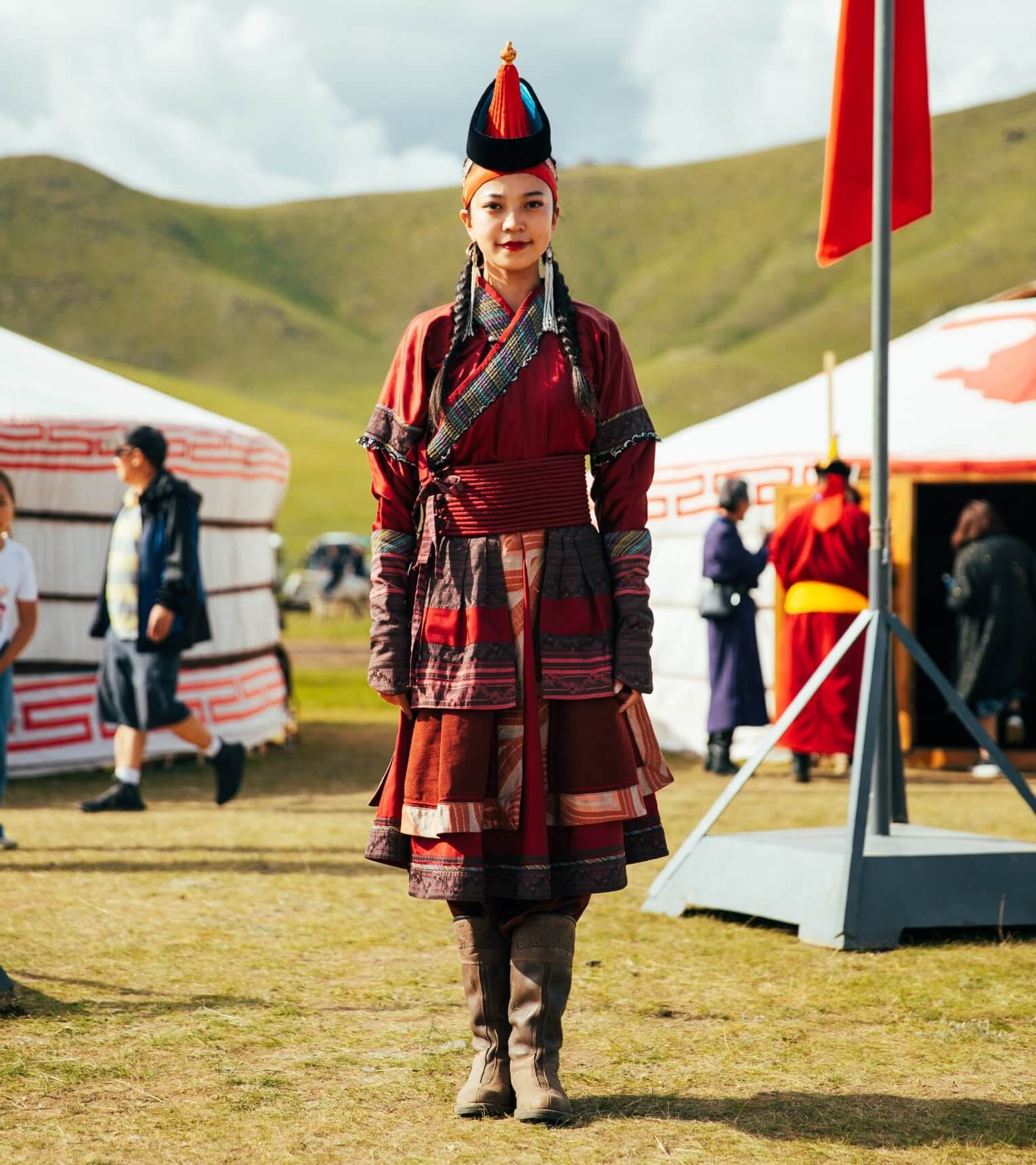
Although a man might have several wives and concubines, there would always be one primary wife. She would be the one whose children would inherit their father’s property and/or status within the tribe.
Fact#5
If a tribal leader’s senior wife became widowed, she would still attend and represent her late husband at future gatherings such as the kurultai. (kurultai is an ancient Mongolian assembly of the nobility)
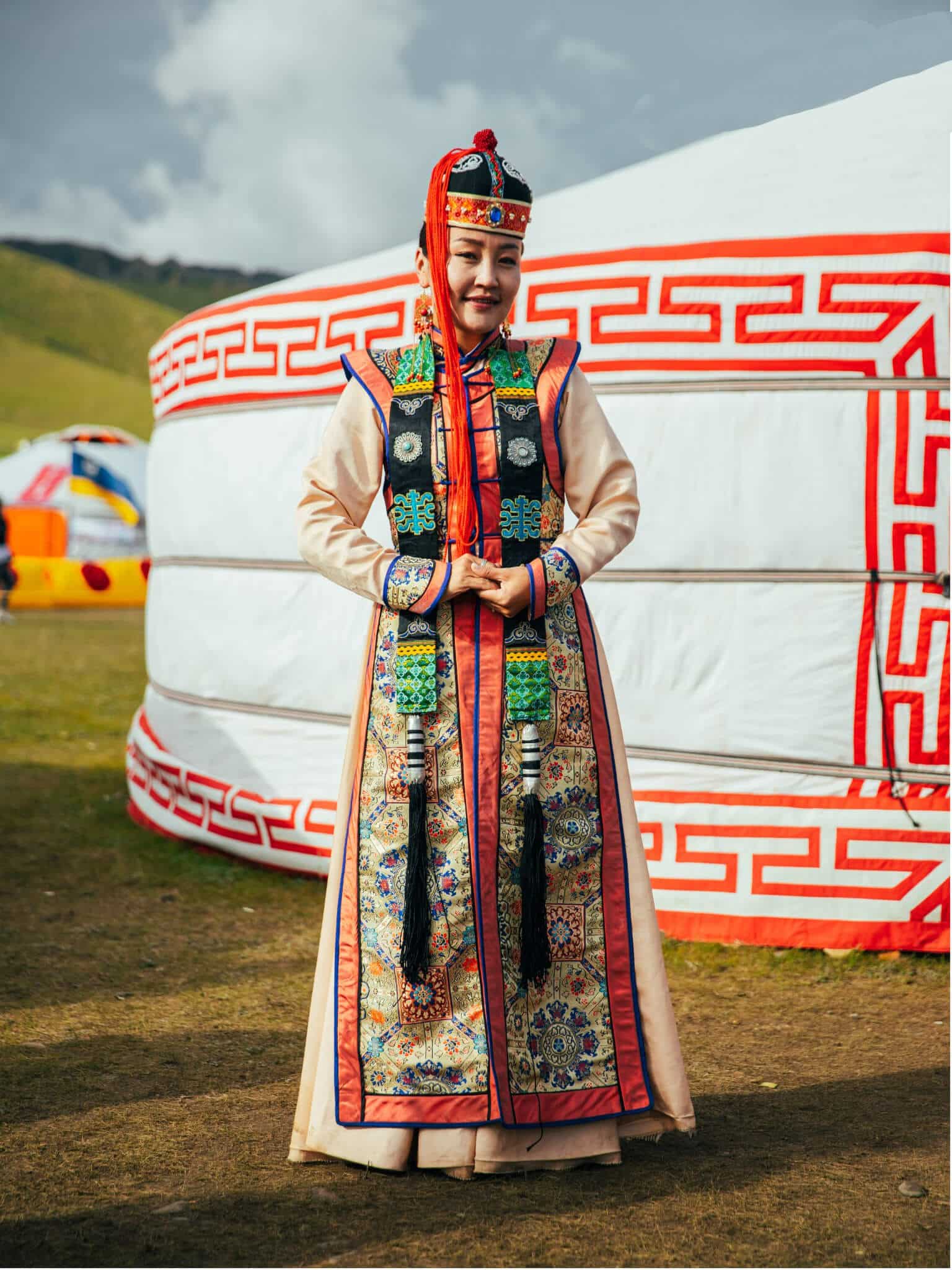
Fact#6
Women in the empire were active participants in numerous religions, such as Shamanism, Taoism, Tibetan Buddhism, and Islam. Imperial women may also be generous supporters of specific religious organizations and institutions.
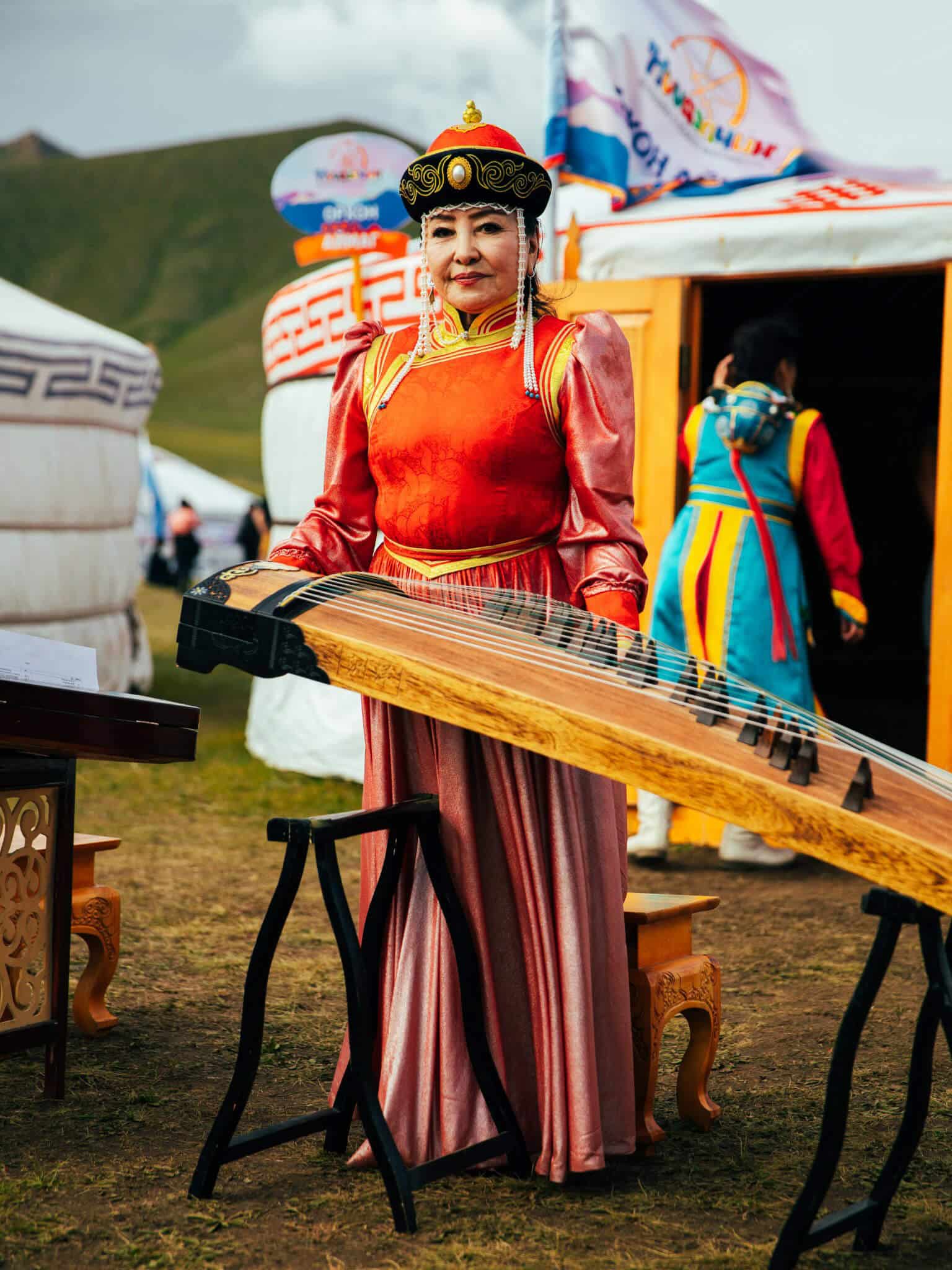
Fact#7
During the existence of the Yuan dynasty, the people who held the key to politics were the queens. Because after the king’s Death, the queen, the widow of the king, arranges the coronation of the new king. Therefore, the political history of the Yuan dynasty cannot be imagined without queens. There are 34 great queens in the history of Mongolia.
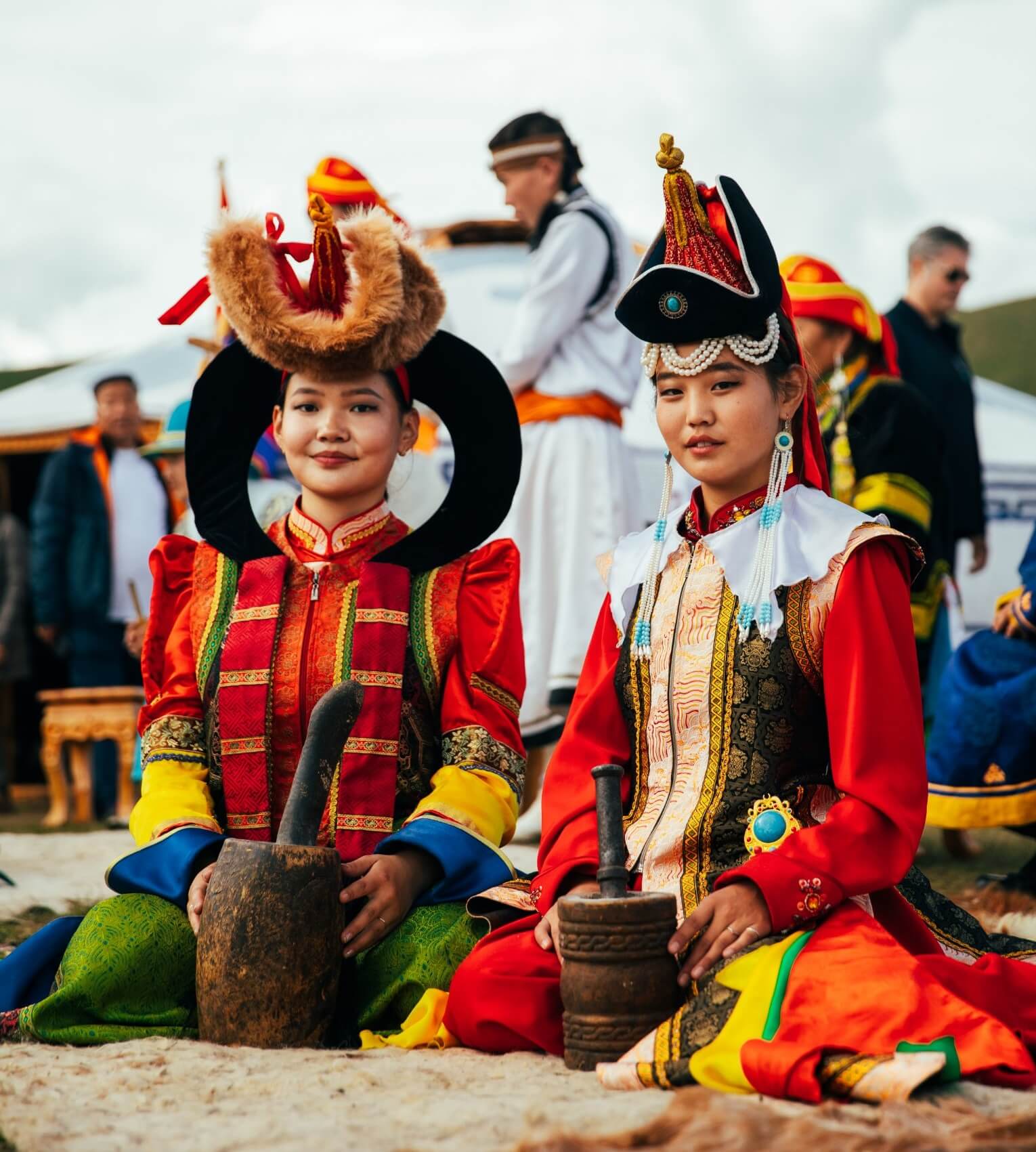
Fact#8
When raising a daughter, Mongolians instilled the nine virtues of being a good wife in her according to the Mongolian tradition. Those are :
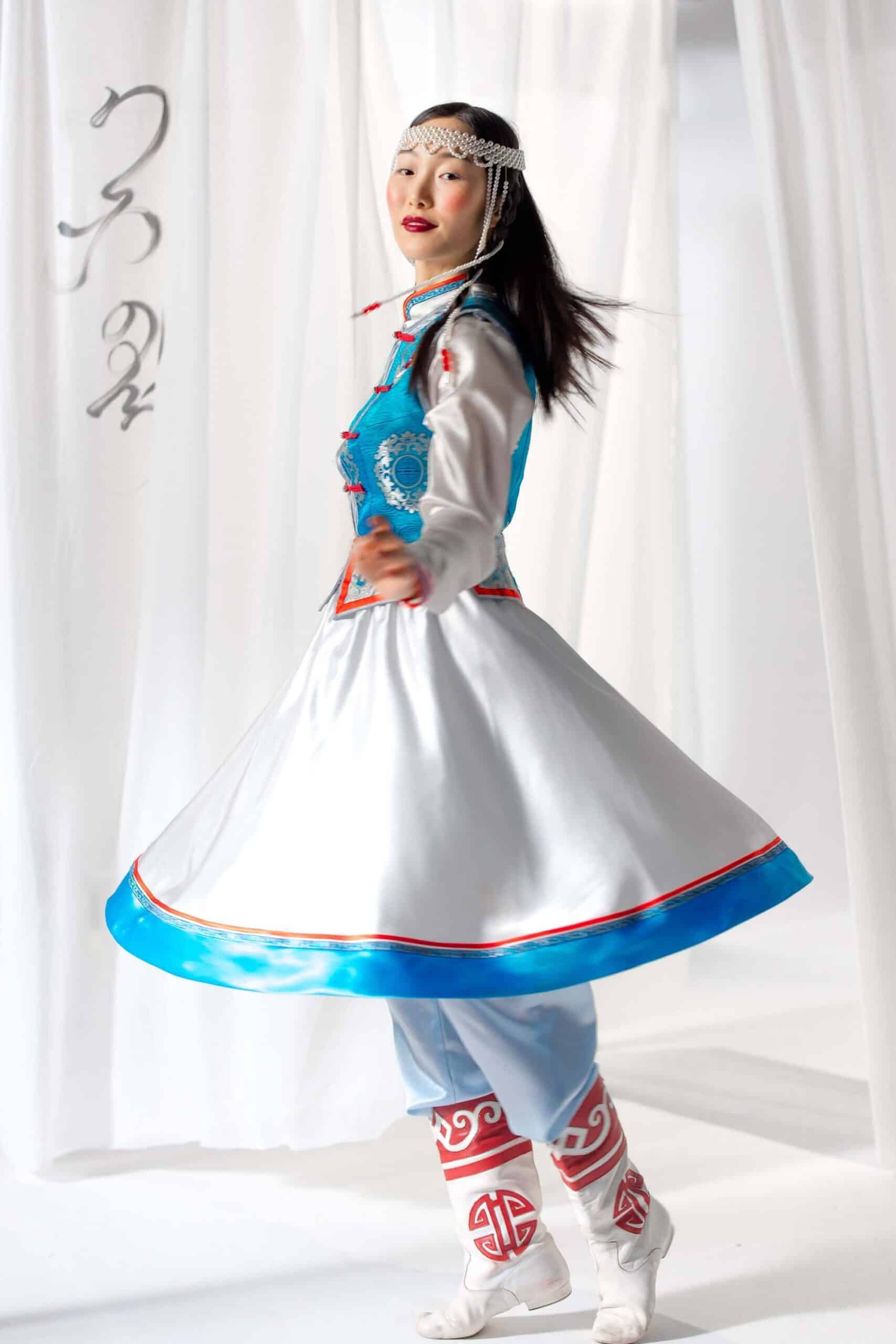
Өнгөнд цэвэр – Be always observent
Үйлэнд уран – Be meticulous in your work
Үрд энэрэлтэй – Be merciful to your children
Үргэлж цэмцгэр – Be always look proper
Ханьдаа түшигтэй – Be dependable to your husband
Хадамдаа элэгтэй – Be good to your in laws
Найранд дуутай – Be joyful in the feast
Настанд ерөөлтэй – Be good to your elders
Нартанд буянтай – Be charitable to people
Famous Mongolian Women in History
Alun Goo
Alun Goo (Alun-qo’a) was the mythical mother of the Mongol peoples who was said to have taught her five sons that in order to thrive they must always stick together and support each other. To get this message across, she gave them a lesson in unity known as the Parable of the Arrows.
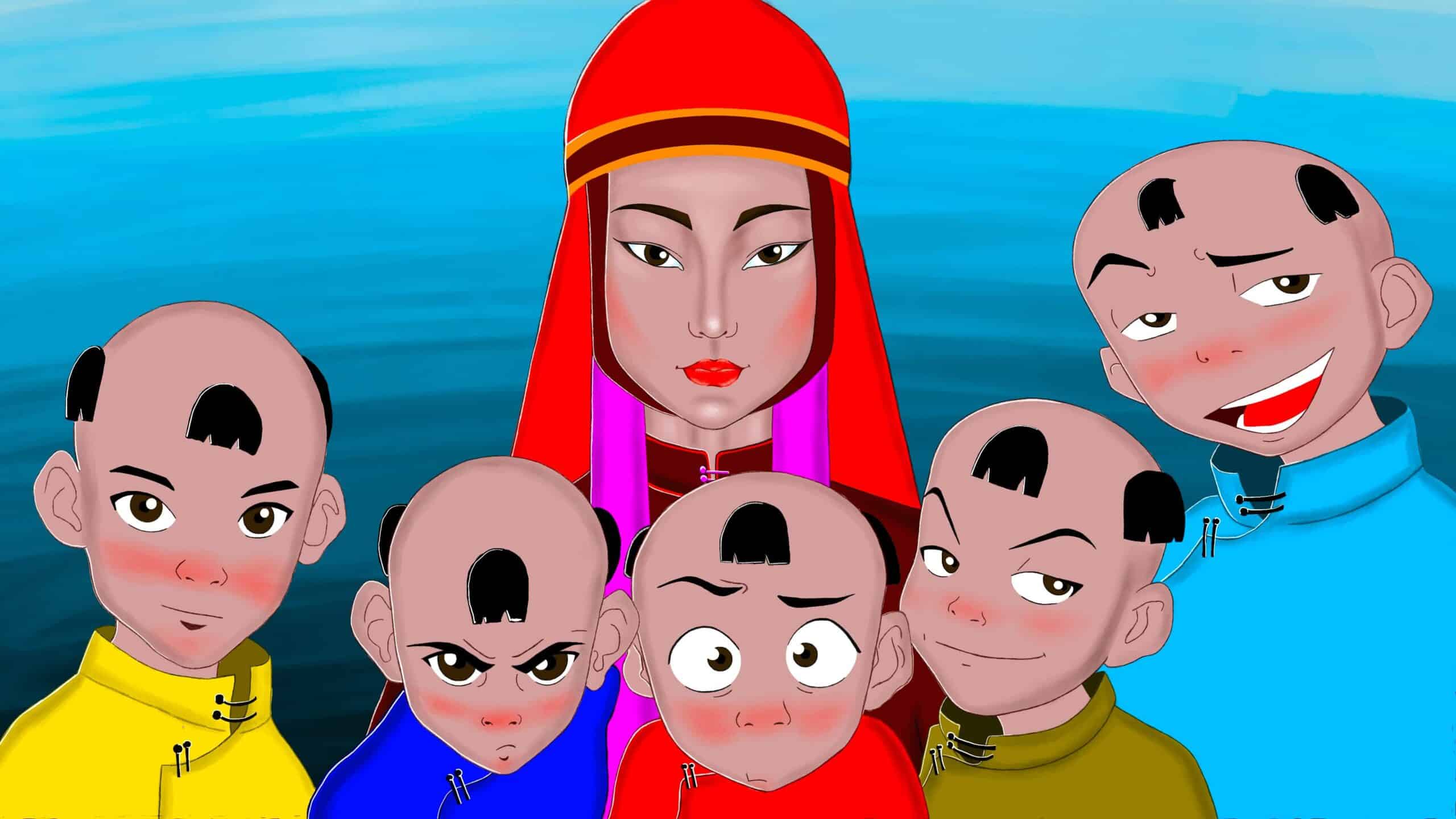
Alan Goa gave each son an arrow separately and told him to break it; each son did so easily. She then presented all five arrows bundled together and not one son could break them. In this way she taught her sons, one must be united to survive.
Queen Öelun
Öelun is the mother of King Temujin, queen of Yesuhei, and member of the Olkhonuud clan from Khongirad province. Mongolian researchers give her credit as being one of the most famous women in their history–the woman who gave birth to Genghis Khan.
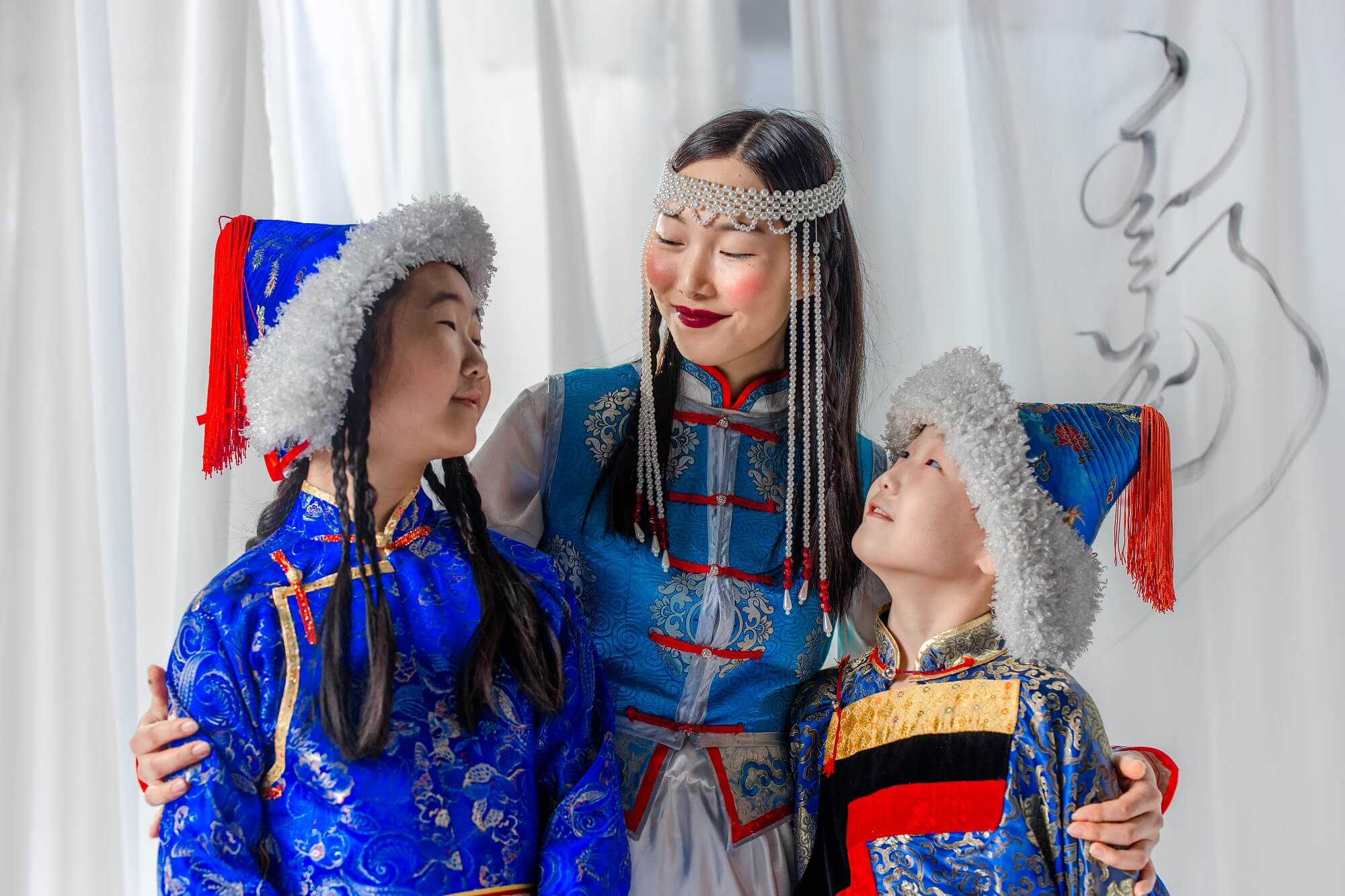
Not only that, but she’s also responsible for creating a family unit that has stood strong throughout time and will continue to do so against any opposing force.
Queen Burte
Queen Burte was the primary wife of Genghis Khan and Dai Setsen’s daughter. She collaborated with her husband Temujin in supporting him, including during his campaigns, and showed significant achievements in establishing and developing Great Mongolia.
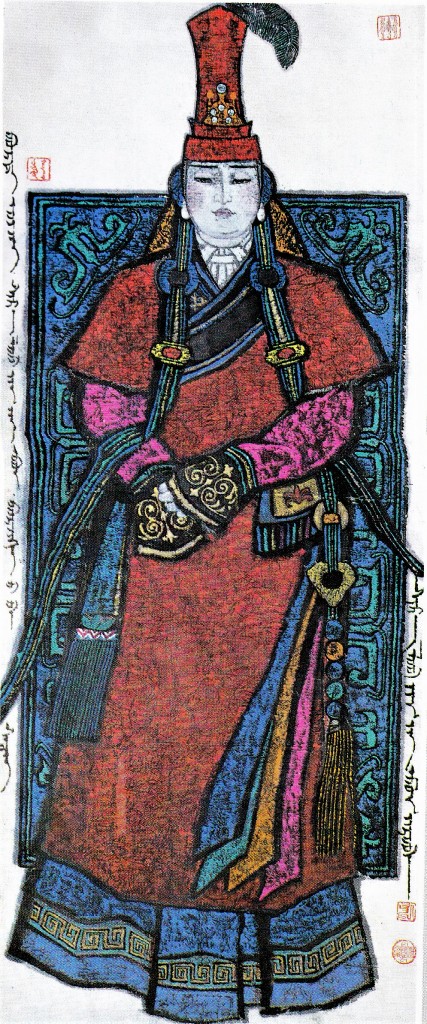
The sons and descendants of Burte Ujin became the great rulers of the Mongolian Empire, Yuan Dynasty, Golden Horde, Tsagadain Dynasty, and Il Khant Dynasty. Queen Burte is credited with making a positive contribution to Mongolian history.
Women in Modern Mongolia
Even today Mongol women enjoyed, or some would say endured, a vital role in the often times harsh nomadic life. However, in recent decades, young women in Mongolia have seen greater equality in education and the workplace. As Mongolia continues to shape its identity in the modern world, woman’s role is changing and adapting as well.
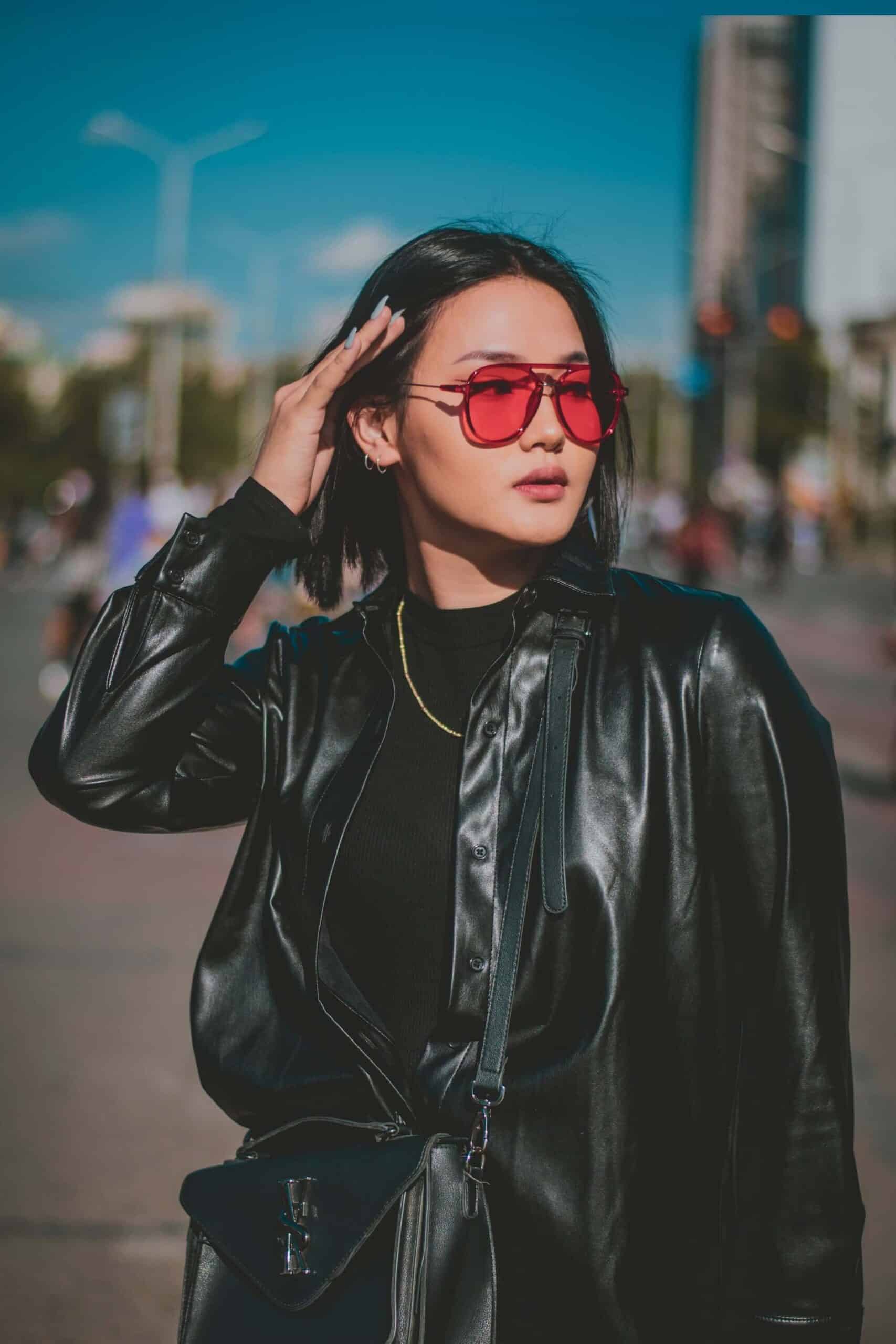
Over the last several decades, during the soviet union, Mongolian families have been sending their daughters to school and university in Ulaanbaatar. Some parents feel that since they will be elderly, their daughters will look after them better.
Others think that women should learn additional skills because herding animals is a job reserved for men – the boys are kept at home to care for them.
This development has led to what’s known as Mongolia’s “reverse gender gap.” Women are now more educated than males. Making the male unemployment slightly higher.
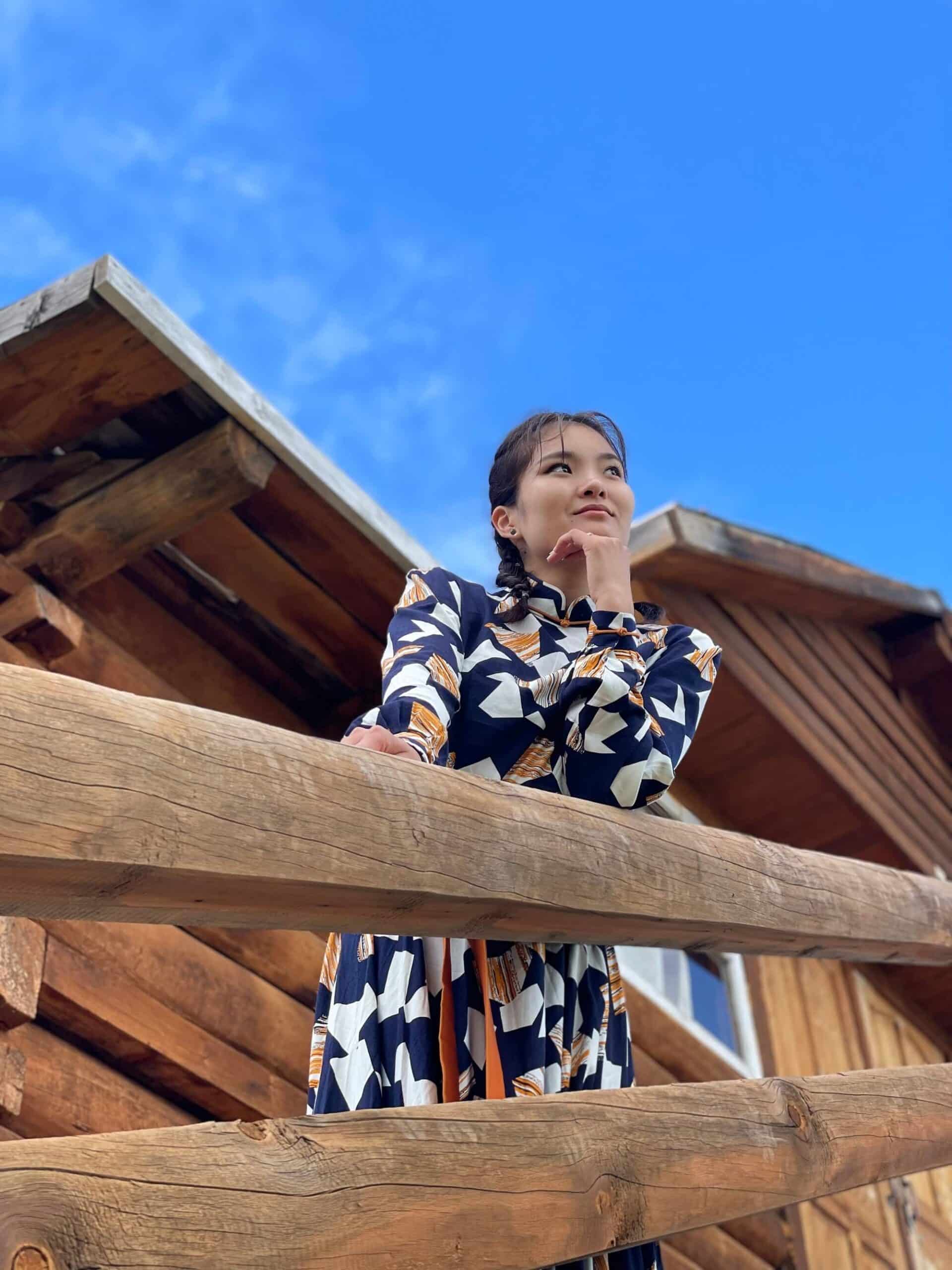
This is not a good thing for the woman, since marriage rates fall as a result of women being unable to find suitable husbands to marry. If they do get married under social pressure, there’s a risk of domestic violence. So there is a trend of educated women marrying late.
The Personality of Modern Mongolian Women
From early childhood, Mongolian women are taught to be feminine, gentle, and polite. They want to find a soulmate with whom they can have a harmonious relationship that is based on full trust and mutual respect. They are very family-oriented and will do everything for their family.
So here are some facts about modern Mongolian woman
- Mongolian woman’s average marriage age is 24,2 years old
- Average height of a Mongolian woman: 157.7 cm
- Mongolian woman’s average weight: 59.4 kg
- Mongolian woman’s average face :
In 2013, scientists from the University of Glasgow conducted an interesting study. Using modern equipment, they created the average faces of people from all over the world.
Mongolian woman face

The picture above is the FACE OF A MONGOLIAN WOMAN released by them. This face is the result of combining and averaging the photos of hundreds of Mongolian women.
- According to the latest survey of 2018, our country, Mongolia has a population of 3 million 238 thousand. Of those 1 million 624 thousand of them are female.
- 69 percent of all Mongolian woman live in cities, and the remaining 31 percent live in rural areas.
- The most common name for Mongolian woman: Hulan
The latest survey from the National Statistics Committee found that 12,961 people were named Hulan (named after Genghis Khan’s favorite little queen) and 12,476 were named Nomin-Erdene (named after the sky-colored gem).
Elite Women in the Mongol Empire (1206-1368 CE)
Women in Mongolia have more authority and power than other women from East Asian cultures. Mongolian women were not only homemakers but they also played an equal role to men when it came to the family’s economic life.
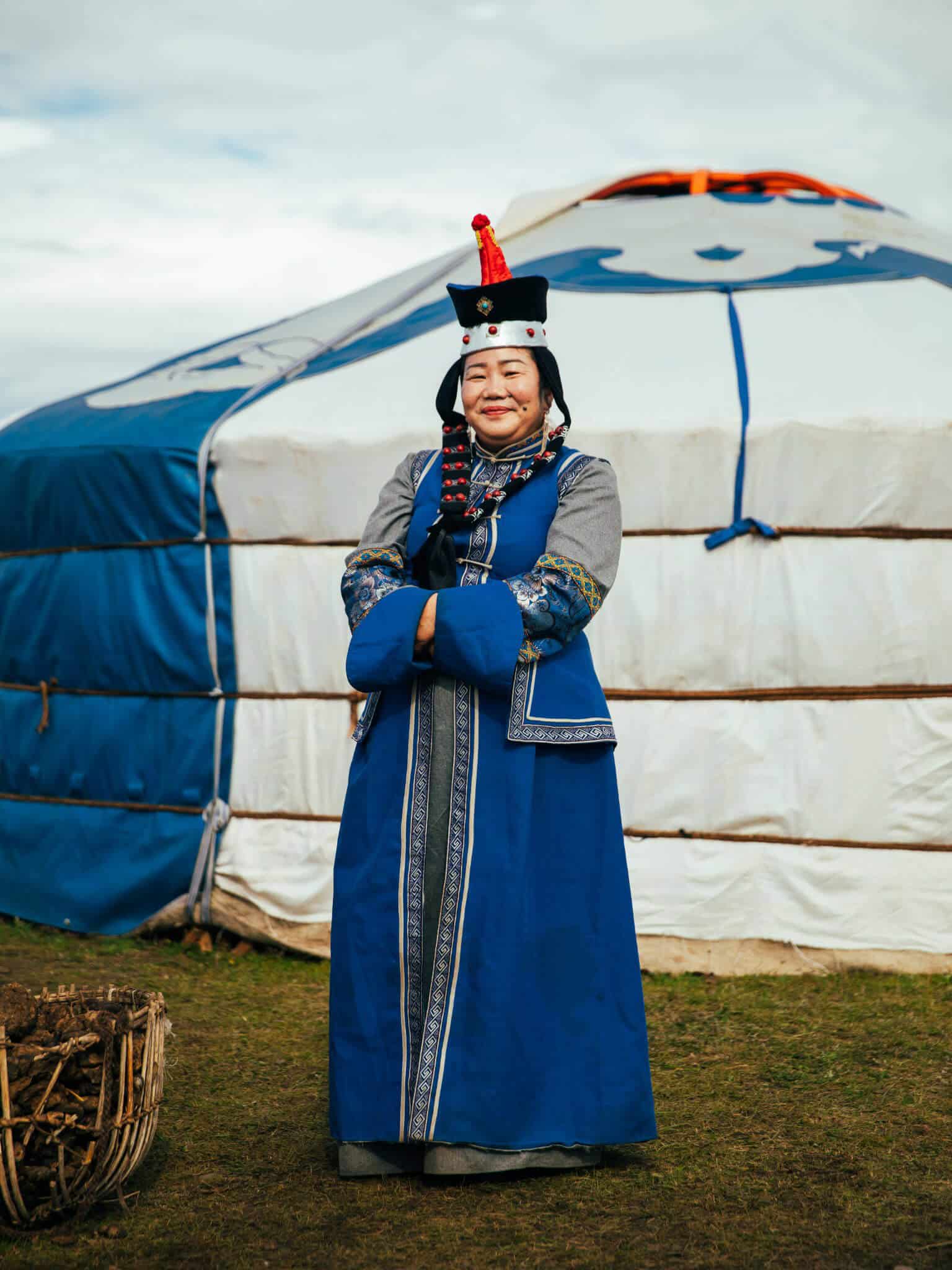
They had tough jobs like taking care of animals, shearing wool, setting up camps, raising children, cooking food, making dairy products, and so forth – all while shouldering the same load as men every day.
Women in the medieval Mongolian culture had substantially more rights than women in contemporary cultures to the east and west of Mongolia, including being shamans, owning and inheriting property, taking part in religious rituals, and being chiefs’ wives who could speak their minds at tribal meetings.
Several Mongol women, including widows or mothers of Great Khans, ruled as regents during the time before a new khan was chosen emperor of the Mongol Empire, often for several years.
Do you have any questions or comments about the Mongolian Women? Let us know in the comments below!

